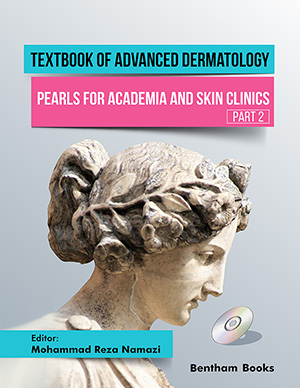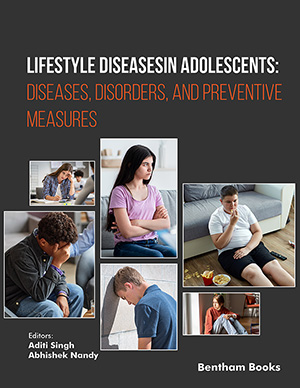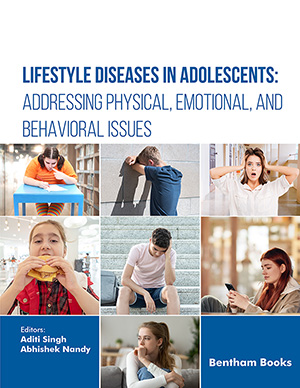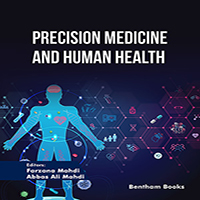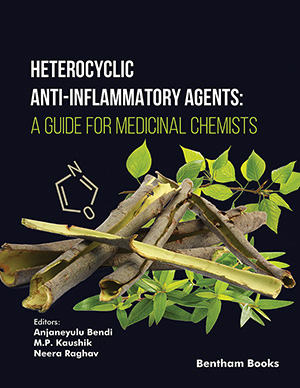
Abstract
Background: Regenerative therapies to rejuvenate the heart have a significant appeal for researchers. Preliminary findings from pre-clinical studies suggest that bone marrow cells may have reparative and regenerative effects on heart muscles, creating a ripe area for research. Many generations of stem cells used in pre-clinical and early clinical studies have shown promising but variable results.
Objective: The current review article discusses the dilemmas in applying stem cell therapy to cardiovascular diseases and possible strategies to make it feasible.
Methods: The field of regenerative therapies continued to progress with second-generation cells, third-generation cells, combination cell therapy, and the use of cell products alone. Research showed promising positive results in multiple randomized phases 1, 2, and 3 clinical trials in addition to numerous meta-analyses. The gaps in knowledge included stem-cell sources, their delivery routes, dosing, types of cells, and the indicated cardiac conditions.
Results: The results from the latest randomized clinical trials, namely the Dream-HF, showed improved left ventricle function, symptoms, and overall survival. Studied patient populations include post-myocardial infarction (MI), ischemic/non-ischemic cardiomyopathy, intractable/microvascular angina, and cardiac surgery for congenital and valvular heart disease. The phase 3 DREAM-HF trial did not meet the primary heart failure endpoint of reducing hospital admission. Still, it showed a clinically significant reduction in major adverse cardiovascular events (MACE), including recurrent MI and stroke, by 60%. A 60% reduction in cardiovascular mortality and a 79% reduction in cardiovascular mortality in patients with evidence of inflammation (high CRP). The latter finding suggests a more anti-inflammatory effect. This effect was much higher than that observed in the PARADIGM-HF trial, which showed a 20% relative risk reduction in cardiovascular mortality. By combining the results of the DREAM-HF trial with MSC-HF, ixCELL-DCM, CONCERT-HF, and REGENERATE-DCM, the potential for clinical applications of cell therapy is promising.
Conclusion: There is a promising role for cell therapy in the management of cardiovascular diseases. Results of trials in the setting of heart failure are more encouraging in both ischemic and non-ischemic cardiomyopathy. This is in contrast with acute myocardial infarction, where the results have been variable. Amongst all the various cell types tested MSCs show the most significant promise for treating HF.
Keywords: Bone marrow-derived mononuclear cells (BMMNC), Cardiac-derived cells (CDCs), Clinical application, Embryonic stem cells (ESCs), Endothelial progenitor cells (EPCs), Heart, Skeletal myoblast, Stem cell.
 14
14



















